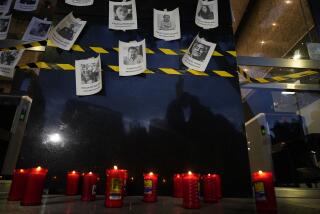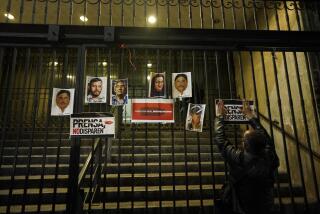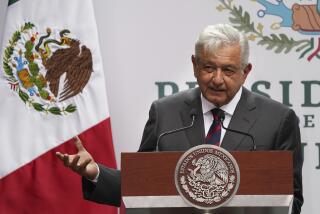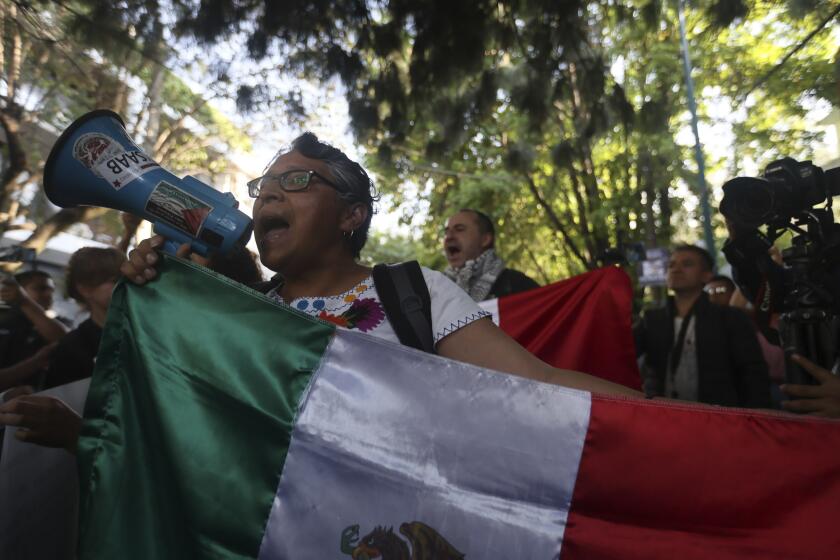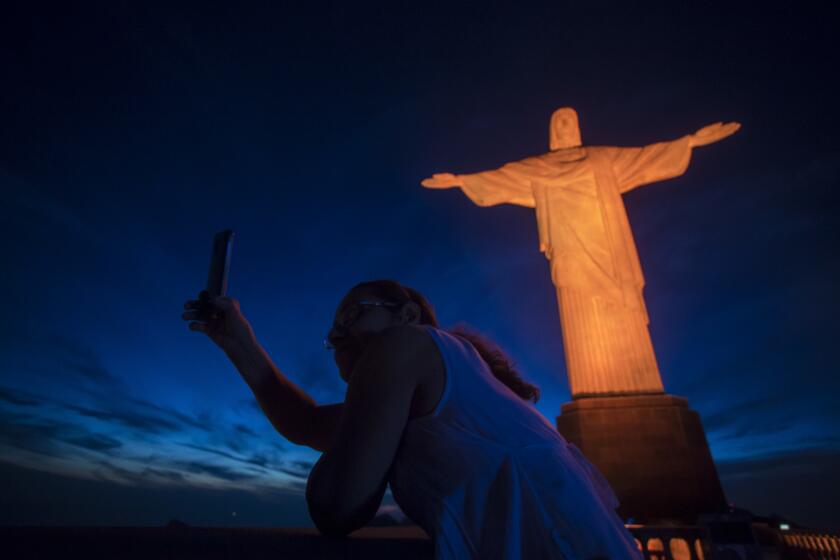Sinaloa, one of Mexico’s most violent states, limits crime coverage
In one of Mexico’s most violent states, it is now illegal, essentially, for reporters to cover the violence.
New laws in Sinaloa, home to Mexico’s most powerful drug cartel and where kingpin Joaquin “El Chapo” Guzman sheltered for years, bar journalists from fully reporting news about crime.
It may be part of a trend fostered by the national government of President Enrique Peña Nieto to downplay news about drug wars and other violence as a way to attract outside investors.
The Sinaloa state Congress late Thursday approved a law that will restrict journalists to official government press releases for crime information. Journalists will be banned from inspecting the scene, recording audio on site or taking any photographs or video.
Such actions would drastically limit the details available to reporters attempting to inform the public about killings, gun battles and other such common occurrences in the western Pacific state -- as well as any possible abuses by authorities.
“They want only the official version to get out,” said Javier Valdez, co-founder of Sinaloa’s most independent news source, Riodoce. “This is a huge attack on the freedom of expression.”
Though unclear, the new law’s language also seems to clamp down on any information about security policy.
For example, this is the kind of coverage that would be banned: The Los Angeles Times in 2008 in Culiacan, capital of Sinaloa state, stumbled upon a gun battle scene in which suspected drug traffickers killed five police officers. Reporters and photographers had clear access. They could not interfere with the scene, of course, but could photograph and report it in full detail.
It was an emotional and dramatic revelation of what was happening in Mexico.
For more news out of Mexico, Latin America, follow @TracyKWilkinson
More to Read
Start your day right
Sign up for Essential California for news, features and recommendations from the L.A. Times and beyond in your inbox six days a week.
You may occasionally receive promotional content from the Los Angeles Times.
